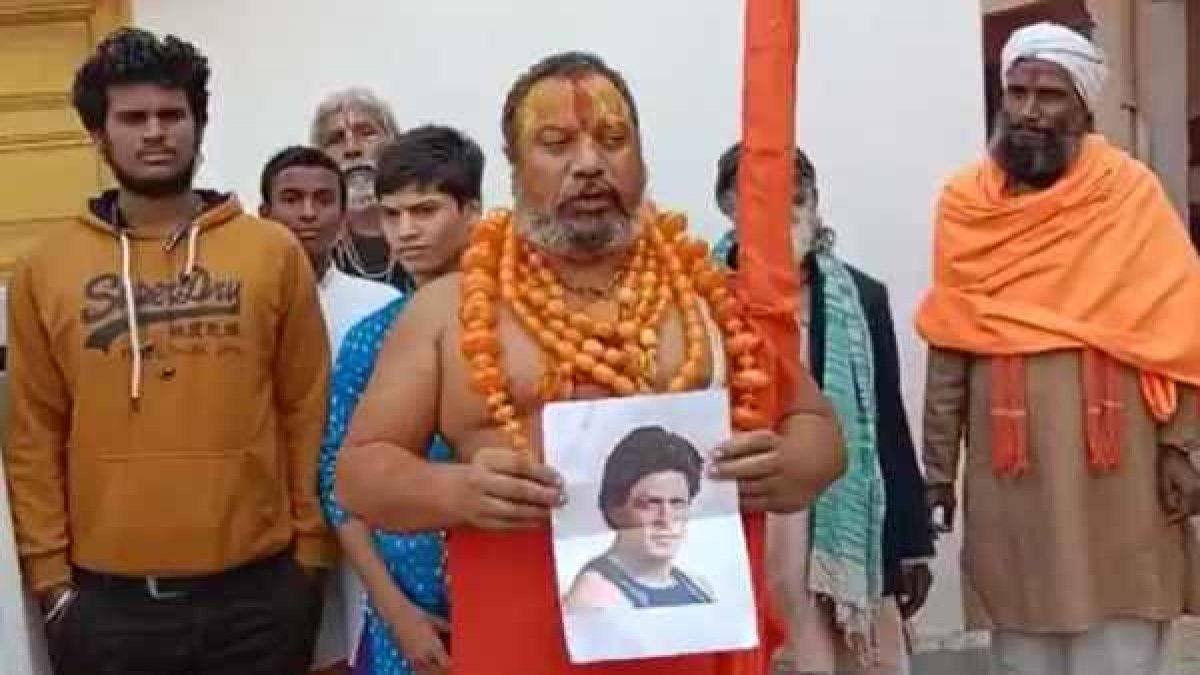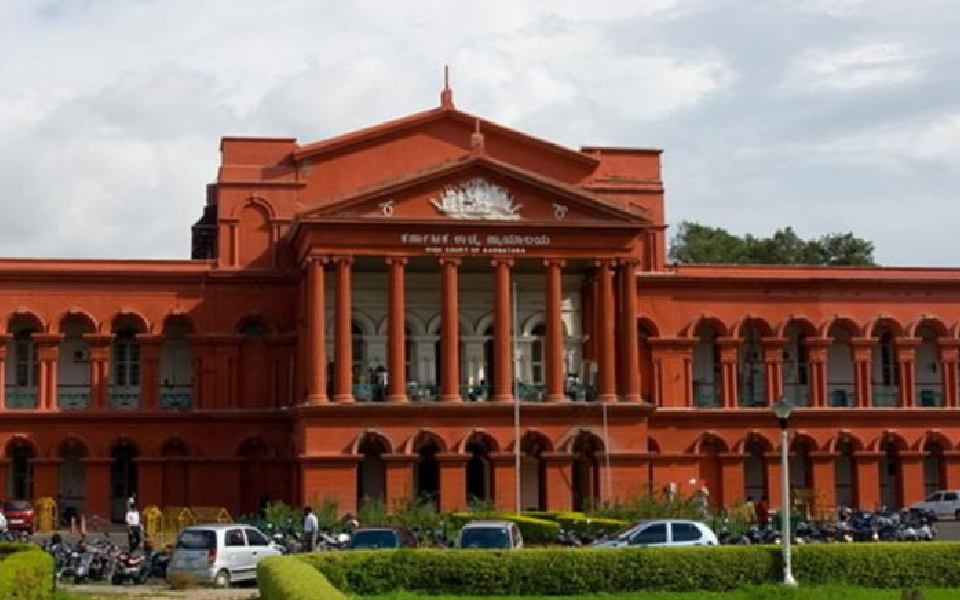Ayodhya (UP), Dec 21: Amid a controversy over a song from the Shah Rukh Khan-starrer 'Pathaan', the head priest of a temple in Ayodhya on Wednesday said he would "burn alive" the actor.
Khan and his film 'Pathaan' are facing backlash for showing Deepika Padukone in a saffron bikini in the song 'Besharam Rang'. Protests have been staged in various parts of the country alleging a community had been offended by the song's content.
Those who have demanded a ban on the film include Madhya Pradesh minister Narrottam Mishra and Vishva Hindu Parishad spokesperson Vinod Bansal. The Madhya Pradesh Ulema Board has also sought a ban on the film for "misrepresenting Islam".
Speaking on the issue, Paramhans Acharya of the Tapaswi Chawni Temple said, "I will burn alive 'jihadi' Shah Rukh Khan, the producer and the director of the film.
"The owners of the YouTube channel where the song is being played (available) will be given the same punishment."
The seer went on to add, "Deepika Padukone, the actress who is seen donning saffron clothes in the scene, will be pardoned on the grounds of being a Hindu woman. She will be given a chance to realise her sins and to beg pardon from holy seers."
Amid the controversy, the Bollywood megastar said last week that whatever happened surrounding people like him, they would remain positive. He decried how social media was often driven by certain narrowness of views, "making it divisive and destructive."
Addressing a gathering in Kolkata, Khan said, "Hamare jaise positive log zinda hai (We are positive and alive)."
This is seen as a response to the criticism of the film.
‘I’ll burn #ShahRukhKhan𓀠 alive”
— YSR (@ysathishreddy) December 20, 2022
Can we expect any action on this man for giving such threat statements? Definitely not says the record of #ModiGovt 🙏 pic.twitter.com/hlqRsOtU6J
Let the Truth be known. If you read VB and like VB, please be a VB Supporter and Help us deliver the Truth to one and all.
Manchester, Jul 25 (PTI): The prolific Joe Root on Friday surpassed Australian legend Ricky Ponting's tally to become the second highest run-getter in the history of Test cricket and next in sight of the England batter is Indian icon Sachin Tendulkar who continues to head the list.
On the third day of the fourth Test against India here, Root first leapfrogged legendary Indian Rahul Dravid and South African great Jacques Kallis' aggregate of runs in a space of eight balls and then went past Ponting by steering the ball behind point for a single as the Old Trafford crowd gave him a standing ovation.
Ponting had scored 13378 runs in 168 matches at an average of 51.85, while Tendulkar continues to top the list with 15921 runs.
It was apt that Ponting was in the commentary box when Root went past him. The 34-year-old Root began his Test career with a 73-run knock on debut during England's tour of India back in 2012 at Nagpur.
"Congrats, Joe Root. Magnificent," a delighted Ponting, doing commentary alongside Ravi Shastri, hailed the Yorkshire man.
Root is playing in his 157th Test.
It was some sight as England skipper Ben Stokes, who was also in the middle, raised his bat even before Root could take off his helmet and acknowledged the cheers and applause from the crowd and the players
Earlier, Root entered the history books by breaking the record of most Test centuries against India with his 12th hundred against the Asian giants, against whom he has played in 34 Tests so far.
Root had equalled Australian Steve Smith's record (11 centuries) in the third India-England Test at Lord's last week by scoring a hundred (104 runs from 199 balls) in the first innings.
Overall, the ton at Old Trafford was his 38th in red ball format as he joined former Sri Lanka star Kumar Sangakkara at fourth place in the list of centurions in the game's longest format.
Tendulkar (51), Jacques Kallis (45) and Ponting (41) are ahead of him in the hundred's list.





